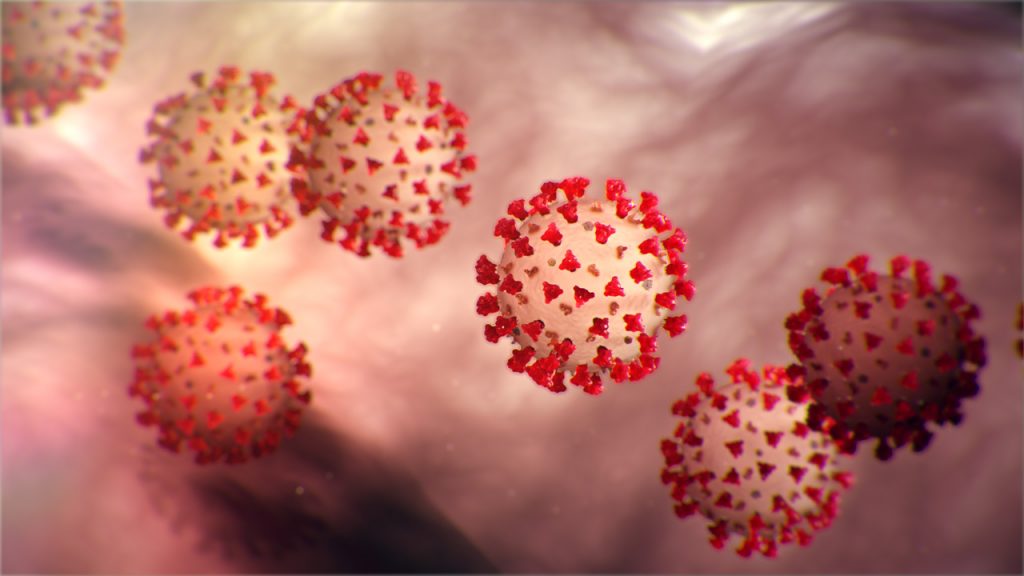Contact Tracing Ramps Up in Michigan, But Detroit Lags
As reported cases of COVID-19 continue to rise in Michigan, Detroit requests more support for contact tracing to prepare for a possible second wave.

The city of Detroit has requested $13.5 million from the state to fund COVID-19 case investigation and to ramp up contact tracing efforts.
“The more people you’ve been in contact with, the more spread might have occurred, even if you weren’t showing symptoms.” – Annalise Frank, Crain’s Detroit Business.
Contact tracing is a disease control strategy used in public health to track the spread of a virus. Contact tracers ask infected persons about symptoms, where they’ve been, and who they may have been in contact with, and then contact those people to encourage them to get tested.
Listen: Crain’s Annalise Frank on Detroit’s efforts to expand contact tracing.
Guest
Annalise Frank covers the city of Detroit for Crain’s Detroit Business. She has been reporting on contact tracing efforts in the city in her story “Readying for a surge: Detroit COVID-19 contact tracing not yet ‘where we need to be.”
Right now, the city of Detroit has three contact tracers who work specifically with high-risk areas like hospitals and nursing homes.
“In Detroit, most contact tracing is being done by the state right now,” says Frank. “They’re successfully contacting about 64% of [COVID-19] positive residents, but they don’t feel that they’re prepared to handle a surge.”
According to Frank, the state has trained over 3,000 volunteers to do contact tracing. These are different from case investigators who have more training and work for local governments. Frank calls effective contact tracing a “numbers game that no one really understands,” because state and local governments have to estimate how many resources they’ll need for unprecedented case levels.
As reported cases rise in other states as well, “There could be more of a concerted effort to align strategies,” says Frank, in order to avoid surges due to interstate travel.
This article was written by Detroit Today student producer Lauryn Azu.
Trusted, accurate, up-to-date
WDET is here to keep you informed on essential information, news and resources related to COVID-19.
This is a stressful, insecure time for many. So it’s more important than ever for you, our listeners and readers, who are able to donate to keep supporting WDET’s mission. Please make a gift today.
